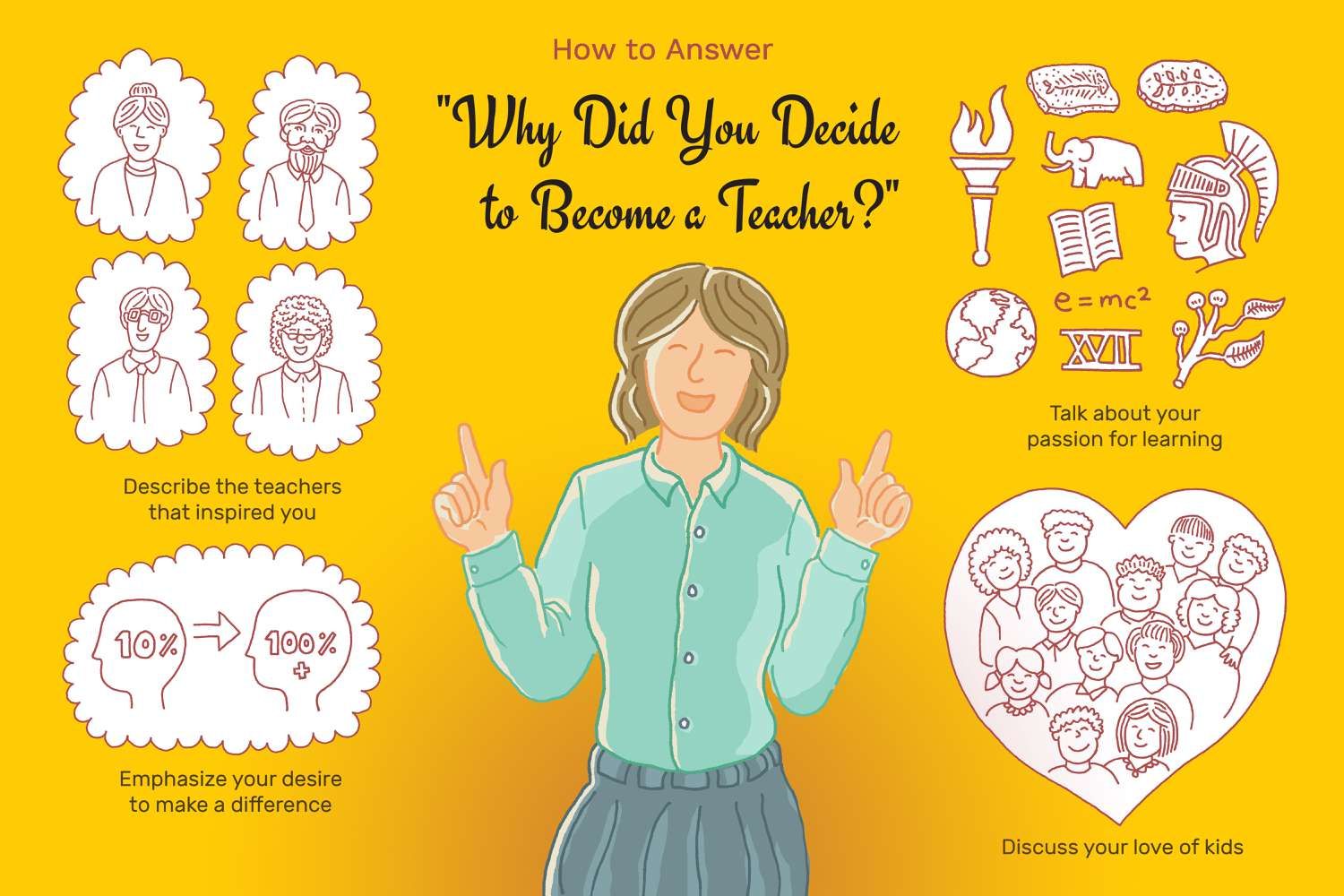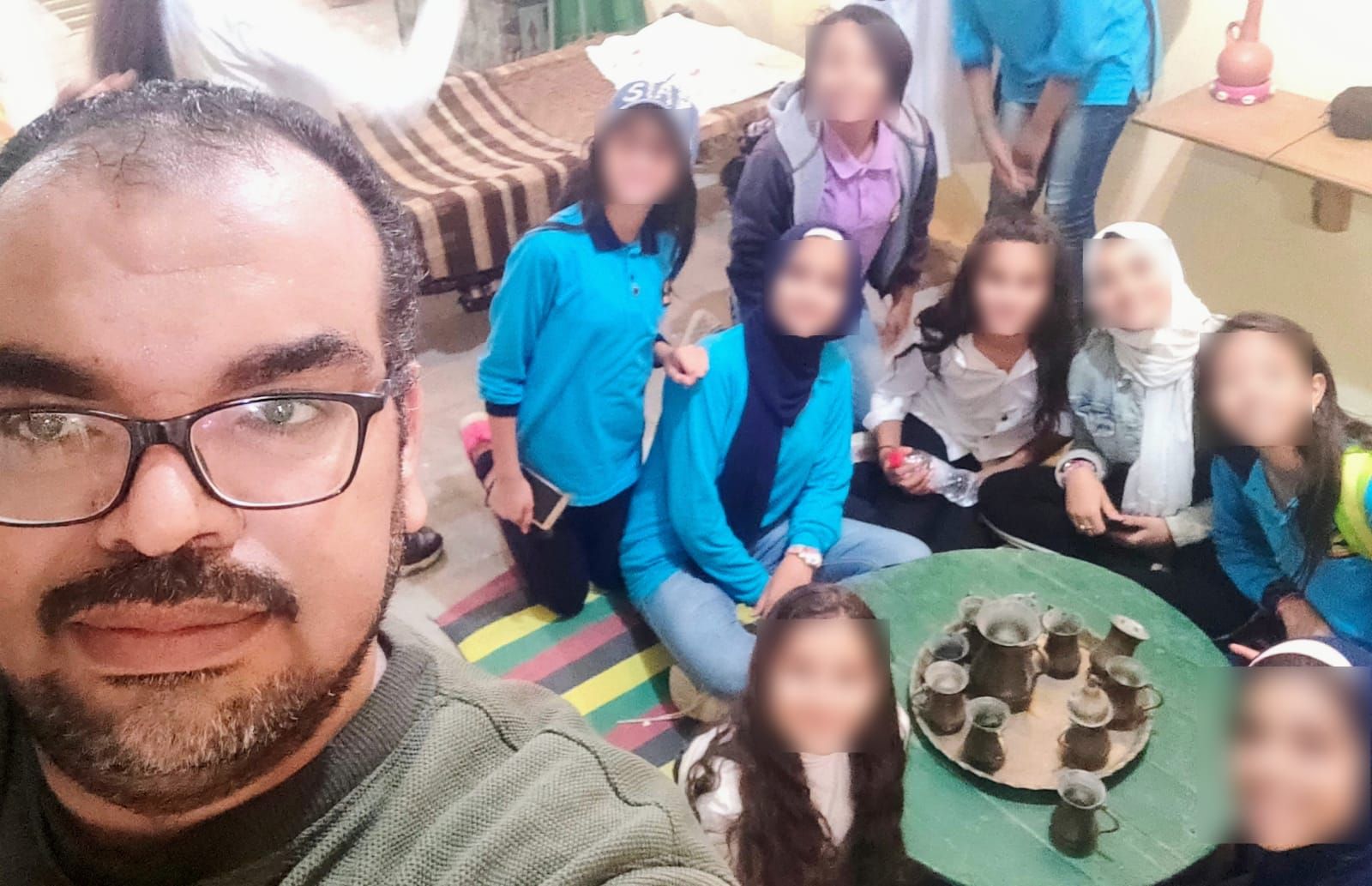Greening your teaching involves incorporating environmental sustainability principles into your teaching practices.
Here are some activities and approaches you can consider:
1. Integrate Environmental Topics: Include environmental issues, sustainability principles, and climate change discussions into your curriculum. This can be done across various subjects, not just science. For instance, in math, you can analyze data on carbon emissions, in literature, you can study environmental literature, and in art, you can create pieces that raise awareness about environmental issues.
2. Experiential Learning: Take students outside the classroom for hands-on learning experiences related to nature and environmental stewardship. This could involve field trips to local parks, nature reserves, or community gardens.
3. Reduce Paper Usage: Encourage digital submissions and utilize online platforms for assignments and readings to reduce paper consumption.
4. Guest Speakers: Invite environmental experts, activists, or professionals to speak to your students about current environmental challenges and solutions. This provides real-world perspectives and insights.
5. Classroom Recycling Program: Implement a recycling program in your classroom, educating students about what materials can be recycled and how to properly sort waste.
6. Energy Conservation Projects: Engage students in projects that focus on reducing energy consumption in the school or classroom. This could involve conducting energy audits, implementing energy-saving practices, or advocating for renewable energy sources.
7. Sustainable Practices: Model sustainable practices in your own teaching methods, such as using eco-friendly materials, minimizing energy usage, and reducing waste in your classroom.
By integrating these activities into your teaching practice, you can help cultivate environmentally conscious citizens who are equipped to address the challenges of sustainability in their communities and beyond.
Reply in comments below what of these activities do you practice? What activity was the most unexpected for you while reading (you haven’t thought of it before)?
Or do you have anything else to add and share with us?



